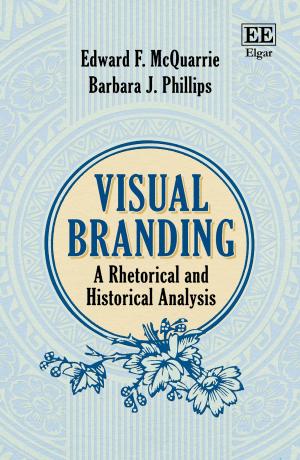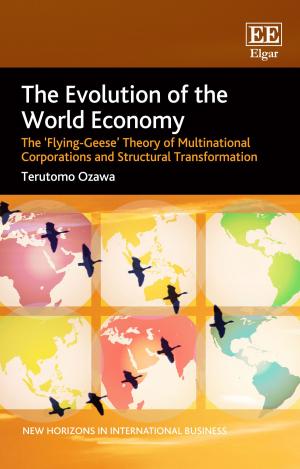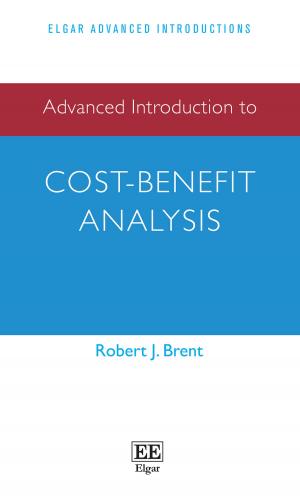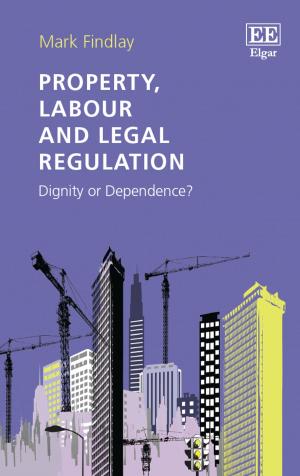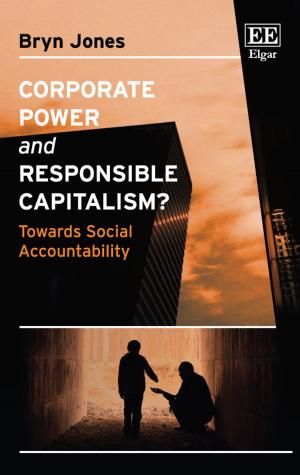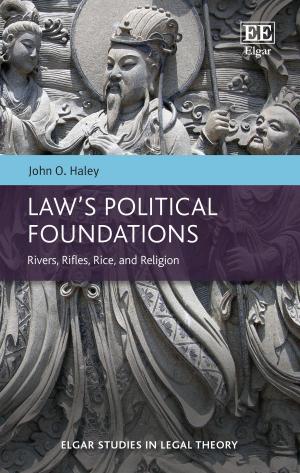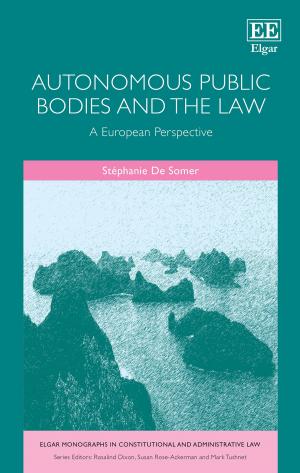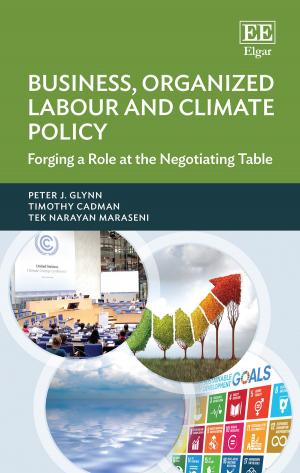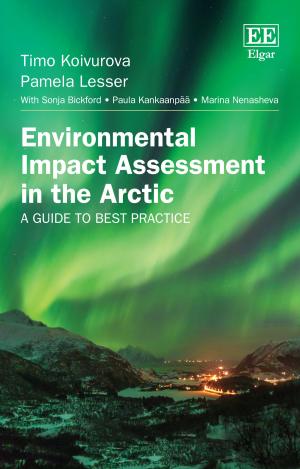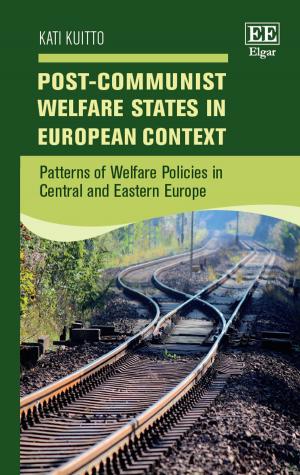Economic and Natural Disasters since 1900
A Comparative History
Business & Finance, Economics, Economic History| Author: | John Singleton | ISBN: | 9781782547358 |
| Publisher: | Edward Elgar Publishing | Publication: | March 25, 2016 |
| Imprint: | Language: | English |
| Author: | John Singleton |
| ISBN: | 9781782547358 |
| Publisher: | Edward Elgar Publishing |
| Publication: | March 25, 2016 |
| Imprint: | |
| Language: | English |
In the wake of the global financial and Eurozone upheavals this timely book argues that the disaster cycle a framework normally used in the context of natural disasters is equally applicable to the analysis of other types of catastrophe. Employing a modified version of the disaster cycle framework to compare and analyse a range of catastrophes in different spheres, the author draws on ideas from a variety of disciplines including economics and economic history, disaster studies, management, and political science. This unique comparative approach presents case studies of several important disasters: Hurricane Katrina, the First World War, the depression of the early 1930s, Welsh coal mining accidents, the deadly effects of smoking tobacco, and the Global Financial Crisis and Eurozone catastrophe of the early twenty first century. The author argues that economists and economic policy makers routinely misuse the term crisis to describe episodes that ought to be called disasters.
In the wake of the global financial and Eurozone upheavals this timely book argues that the disaster cycle a framework normally used in the context of natural disasters is equally applicable to the analysis of other types of catastrophe. Employing a modified version of the disaster cycle framework to compare and analyse a range of catastrophes in different spheres, the author draws on ideas from a variety of disciplines including economics and economic history, disaster studies, management, and political science. This unique comparative approach presents case studies of several important disasters: Hurricane Katrina, the First World War, the depression of the early 1930s, Welsh coal mining accidents, the deadly effects of smoking tobacco, and the Global Financial Crisis and Eurozone catastrophe of the early twenty first century. The author argues that economists and economic policy makers routinely misuse the term crisis to describe episodes that ought to be called disasters.

